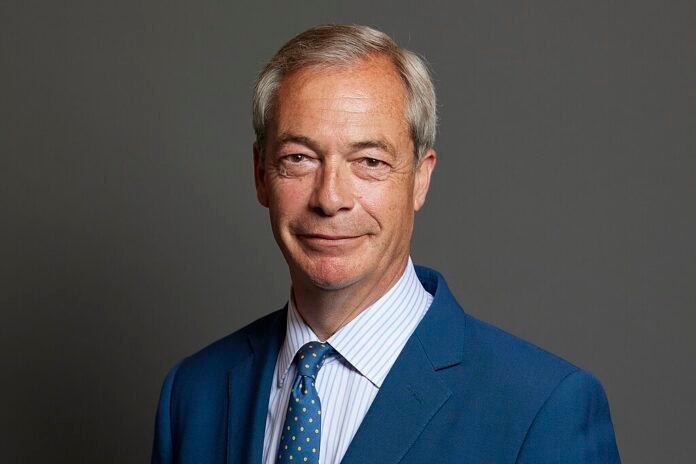Reform UK leader sparks outrage with pledge to scrap permanent settlement rights for migrants
Nigel Farage has been condemned across the political spectrum after pledging to abolish indefinite leave to remain, the main route towards permanent settlement in the UK. His plan, which critics say could break up families and destabilise vital public services, threatens the residency status of hundreds of thousands of legal immigrants.
At a tense press conference on Monday, the Reform UK leader claimed his proposal was designed to stop 800,000 people becoming eligible for indefinite leave to remain between 2026 and 2030. Branding this group the “Boriswave” – a reference to migrants who arrived under post-Brexit changes made by Boris Johnson – Farage described them as young, low-skilled and destined to be a burden on the state through welfare claims.
Standing beside his policy chief Zia Yusuf, Farage pledged to replace indefinite leave to remain with a system requiring all migrants to reapply for visas every five years. Applicants would have to meet strict salary thresholds, English language tests and tougher restrictions on dependants. He admitted this could result in families being torn apart and did not rule out the possibility that Ukrainians and Hongkongers, who had entered Britain under special resettlement schemes, could lose their right to stay.
The backlash was immediate. Downing Street accused Farage of fuelling “division and decline,” contrasting Reform’s platform with what it described as Labour’s promise of national renewal. Keir Starmer is expected to use a major speech ahead of the Labour conference to set out a forceful rejection of far-right politics and commit to resisting hate and division.
Labour’s attacks have so far centred on the feasibility of the plan as well as its morality. Farage claimed his reforms could save £230bn, but it later emerged that the figure came from a Centre for Policy Studies report whose authors warned it should not be used, citing flawed data. Pressed to withdraw the claim, Farage insisted the number was too low, without offering new evidence. He further argued – again without sourcing – that more than half of those due to qualify for settlement in coming years “are not working, have not worked and in all probability will never, ever work.”
The scope of the proposal grew murkier when Reform clarified that EU nationals with settled status would be exempt. Government figures show that 770,000 universal credit claimants from the EU would therefore not be affected, undermining Farage’s projected savings. Independent estimates from Oxford’s Migration Observatory suggest that at the end of 2024, about 430,000 non-EU citizens already held indefinite leave to remain.
The impact on sectors reliant on overseas workers quickly became a flashpoint. Farage said he would allow capped visa routes for shortage jobs but insisted employers must train more British staff. Nicola Ranger, general secretary of the Royal College of Nursing, called the threat to migrant nurses “abhorrent beyond words” and warned that removing their rights would leave essential health services unable to function. She said: “These are people who came to care for patients and became part of our communities. They deserve so much better.”
Senior Labour figures lined up to denounce Farage. Chancellor Rachel Reeves said the proposals “have no basis in reality,” while party chair Anna Turley described them as “falling apart in real time.” Sadiq Khan called the idea of deporting legal residents “unacceptable,” and the SNP’s Pete Wishart labelled the policy “desperate and despicable.” Ed Davey, the Liberal Democrat leader, warned the country could be heading for “another Windrush scandal.”
The criticism was not confined to political opponents. Chris Philp, the Conservative shadow home secretary, said Reform was “lifting our policies but stripping away the detail that makes them enforceable.” Thinktank director Sunder Katwala said threatening to revoke settled rights for people who had already built lives in Britain was “morally wrong” and risked creating legal chaos, adding: “The uncertainty this proposal creates for Hongkongers, EU citizens and others is unfair and must be resolved urgently.”
Farage’s announcement has amplified concerns about Britain’s political climate. While he insists his plan would restore fairness, opponents argue it undermines the country’s reputation for stability and risks inflicting irreparable damage on both families and institutions. With Starmer poised to sharpen his attacks, the fight over immigration looks set to dominate the weeks ahead.
